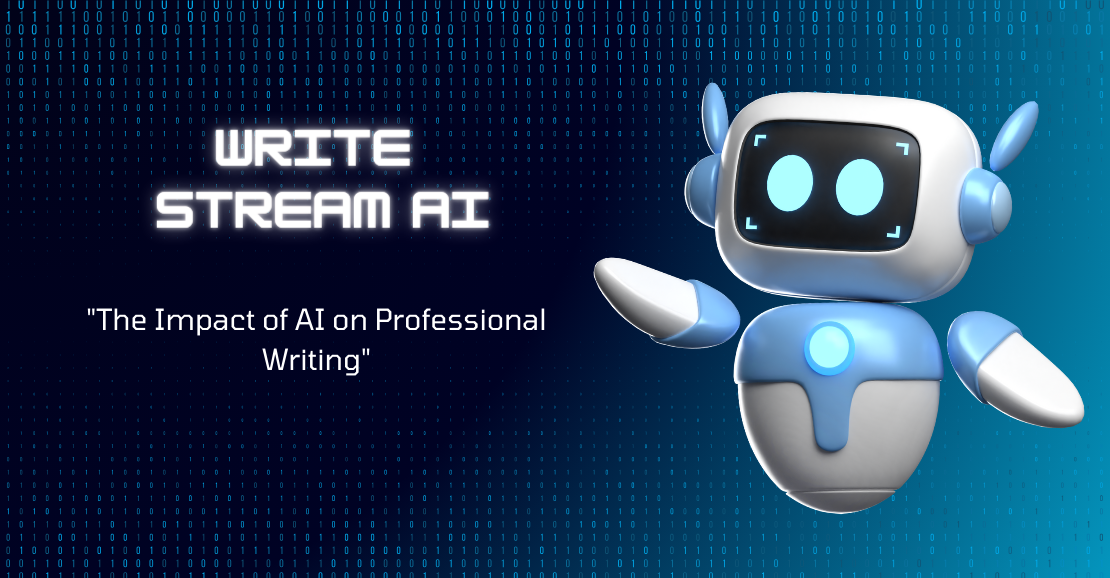The Impact of AI on Professional Writing
In recent years, the advancement of Artificial Intelligence (AI) has had a significant impact on various industries, including the field of professional writing. AI technology has been continuously evolving, and its capabilities have expanded to include tasks that were once exclusively performed by humans. As a result, the impact of AI on professional writing has been both beneficial and disruptive. In this article, we will explore the various ways in which AI has influenced professional writing and its future implications.
One of the most significant impacts of AI on professional writing is its ability to automate tasks and processes, significantly reducing the time and effort required for certain writing tasks. AI-powered tools such as Grammarly and Hemingway have made it easier for writers to correct grammar, punctuation, and spelling errors in their writing. They also provide suggestions for improving sentence structure and overall readability. This has not only increased the efficiency of writing but has also enhanced the overall quality of written content.
Furthermore, AI has also made it possible for writers to generate content automatically. Natural Language Generation (NLG) technology is being used by companies to create articles, reports, and even entire books. This has raised concerns about the future of professional writing as it gives rise to the question – “Can AI replace human writers?” While the technology has enabled the creation of coherent, error-free content, it lacks the creativity and emotion that is ingrained in human writing. Therefore, while AI can assist in writing, it cannot fully replace the role of a human writer.
Another significant impact of AI on professional writing is its influence on content optimization and SEO. Search engines such as Google use AI algorithms to determine the relevance and quality of content. This has led to a shift in writing practices where writers now need to incorporate specific keywords and phrases to improve the search engine ranking of their content. As a result, some argue that AI has limited the freedom and creativity of professional writers.
The rise of AI has also affected the job market for professional writers. With the emergence of AI-powered writing tools and software, companies are increasingly turning to technology to generate content. This has resulted in a decline in demand for human writers. However, it has also opened up new opportunities for writers to specialize in creating content for AI systems, such as chatbots and virtual assistants.
Another aspect to consider is the ethical implications of AI on professional writing. As AI-generated content becomes more prevalent, the issue of plagiarism arises. With the ability to generate content in a matter of seconds, it becomes challenging to determine the original source of the information. This raises questions about intellectual property rights and the potential misuse of AI-generated content.
In conclusion, the impact of AI on professional writing has been both positive and negative. While it has improved the efficiency and quality of writing, it has also raised concerns about the future of human writers and their role in the industry. As AI technology continues to advance, it is essential for writers to adapt and embrace it to remain relevant in the ever-evolving field of professional writing. However, it is crucial to strike a balance between utilizing AI technology and preserving the authenticity and creativity of human writing. It is also essential for companies to use AI ethically, respecting the work and rights of professional writers. Only then can we harness the full potential of AI in professional writing while also preserving the essence of human expression.























Write your comment
Cancel Reply